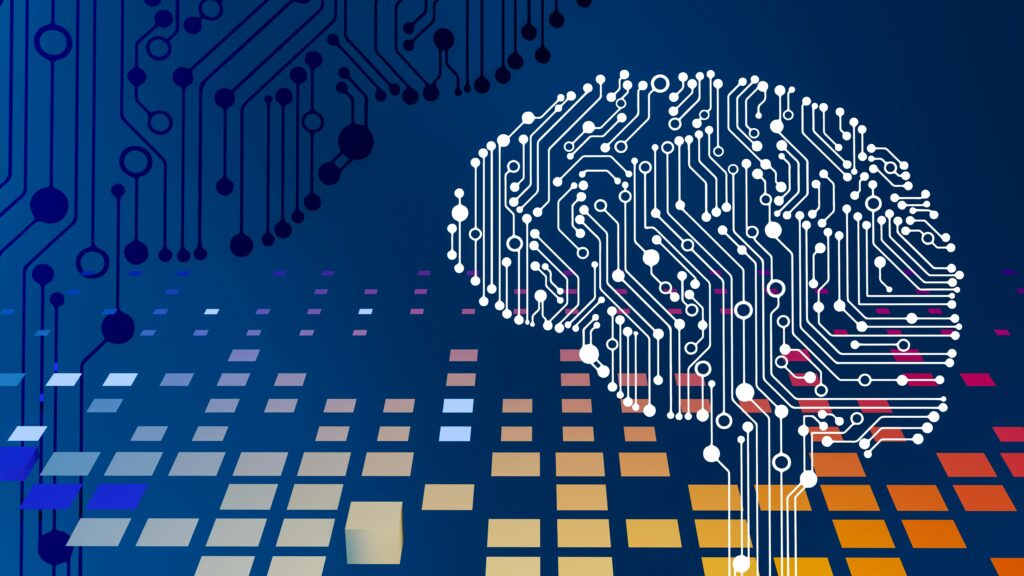The dawn of AI for autonomous spacecraft operations marks a transformative era in space exploration. As the universe expands beyond our reach, the need for intelligent systems that can operate independently becomes paramount. This article delves into the intricate world of artificial intelligence and its pivotal role in redefining how spacecraft function autonomously.

The Need for Autonomous Spacecraft Operations
Space missions have always been challenging due to the vast distances and communication delays involved. With the integration of AI for autonomous spacecraft operations, these challenges can be mitigated. AI enables spacecraft to make real-time decisions without waiting for instructions from Earth, which is crucial for deep-space missions.
Enhancing Efficiency and Safety
AI systems are designed to enhance both the efficiency and safety of spacecraft operations. By processing vast amounts of data quickly and accurately, AI ensures that spacecraft can avoid obstacles, maintain optimal trajectories, and conserve fuel. This efficiency is vital, especially in lengthy missions where resources are limited.
AI Technologies in Spacecraft
The integration of AI technologies in spacecraft involves various components, including machine learning algorithms, neural networks, and advanced sensors. These technologies work together to provide a robust framework for autonomous decision-making.
Machine Learning Algorithms
Machine learning algorithms play a critical role in the processing of flight test data. These algorithms enable spacecraft to learn from past experiences and adapt to new situations, ensuring continuous improvement in operations.
Neural Networks
Neural networks mimic the human brain’s functioning and are integral to the processing of complex data. They allow spacecraft to interpret and react to unforeseen events, making them indispensable for autonomous operations.
Advanced Sensors
Sensors equipped with AI capabilities provide real-time data on the spacecraft’s surroundings. This data is crucial for navigation, obstacle avoidance, and maintaining communication with Earth.
Real-World Applications
The application of AI for autonomous spacecraft operations is not just theoretical. Numerous space missions have successfully implemented AI technologies to achieve their objectives.
NASA’s Mars Rovers
NASA’s Mars rovers are prime examples of AI in action. These rovers utilize artificial intelligence to navigate the Martian terrain, conduct experiments, and transmit data back to Earth without human intervention.
European Space Agency’s Satellites
The European Space Agency has also employed AI to enhance the functionality of its satellites. These satellites use AI to optimize their routes, manage power consumption, and ensure data collection accuracy.
Challenges and Future Prospects
Despite the significant advancements, the implementation of AI in spacecraft operations presents several challenges. These include the need for robust security measures to protect against cyber threats and the development of reliable AI systems that can function in the harsh conditions of space.
Overcoming Cyber Threats
As spacecraft become more reliant on AI, they become potential targets for cyber-attacks. Implementing stringent security protocols is essential to protect the integrity of autonomous operations.
Developing Reliable AI Systems
Building AI systems capable of withstanding the rigors of space is a complex task. These systems must be resilient, adaptable, and able to operate with minimal human intervention.
The Future of Space Exploration
Looking ahead, the integration of AI for autonomous spacecraft operations promises to revolutionize space exploration. With AI, we can expect more efficient missions, reduced costs, and the ability to explore previously inaccessible regions of space.
For more insights on AI-driven innovations in the aerospace sector, visit AI-Driven Aerospace Innovations.
Conclusion
The journey of AI for autonomous spacecraft operations is just beginning. As technology continues to evolve, the potential for AI to transform our understanding and exploration of the universe is limitless. By embracing these advancements, we pave the way for a new era of discovery and innovation in space exploration.

FAQ Section
How does AI improve spacecraft operations?
AI enhances spacecraft operations by enabling real-time decision-making, improving efficiency, and ensuring safety through advanced data processing and autonomous control.
What are the challenges in implementing AI in space?
Challenges include ensuring cybersecurity, building resilient AI systems, and adapting technology to function in the harsh conditions of space.
What is the future of AI in space exploration?
The future of AI in space exploration involves more efficient missions, reduced costs, and the potential to explore previously inaccessible regions, revolutionizing our understanding of the universe.

